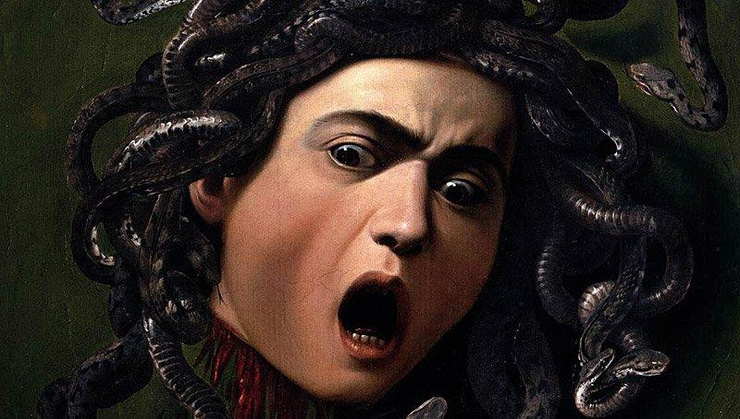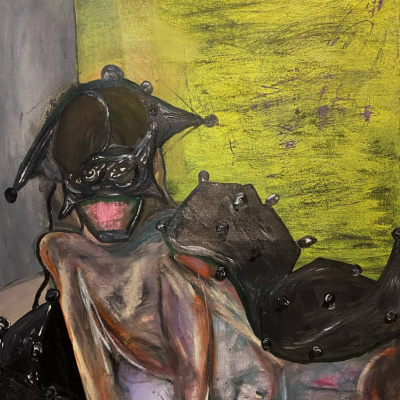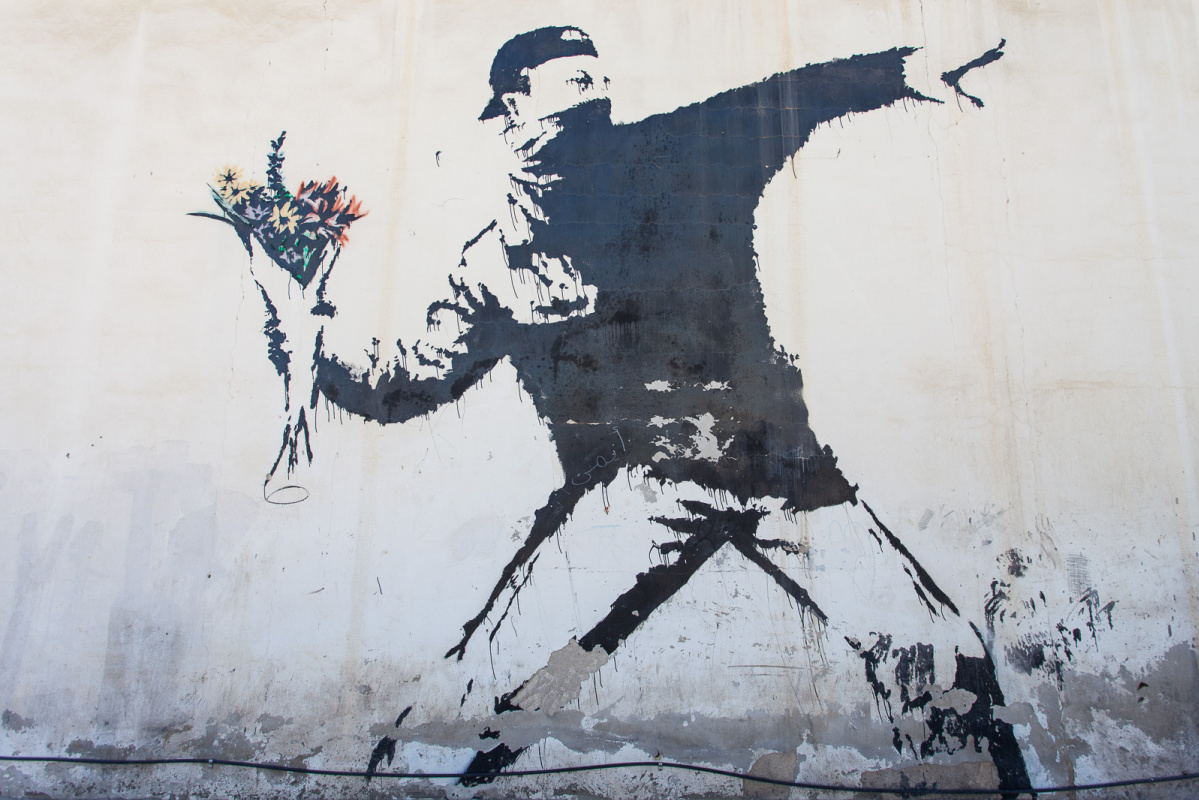Europe introduces tighter control over compliance with copyright. A good intention, which is to care for the welfare of the author, protecting one’s intellectual property, in fact, can play a cruel joke with the author himself/herself. If citation (in any form) is to be taxed, and that is what 348 members of the European Parliament voted for on March 26, 2019, the popularizers of creativity likewise can be significantly diminished. We should also take into account the activity of the organizations for the copyright collective management.

What does it mean? Imagine you are a young artist who wants fame and money. Probably, there are ways to achieve this without wide recognition and citation. But, alas, any of them are known to us. But don’t worry! As a creative person, you will be comforted by a kind employee of a managing company for copyright compliance who will explain that it is better to fall into obscurity and poverty than to allow someone to post your work for free on your Internet resource, in a catalog or in a printed article. After all, only the managing company loves you. For each quote it will collect the money. The part of the money will be given to you (probably), the rest of it (maybe it will be the whole part) the company will keep for itself. What did you want? The love of managers is never free.
There is another way. 70 years will pass from the date of your death, and then no office will be able to prevent the replication of your work.
Yes, there is exaggeration in the scenario we described. But is it so serious if the authors themselves are looking for ways to circumvent the rigid laws in their defense?
But everything in order. First, let’s consider what the majority of MEPs voted for
There is another way. 70 years will pass from the date of your death, and then no office will be able to prevent the replication of your work.
Yes, there is exaggeration in the scenario we described. But is it so serious if the authors themselves are looking for ways to circumvent the rigid laws in their defense?
But everything in order. First, let’s consider what the majority of MEPs voted for

Protest demonstration in Berlin against the amendments to the EU legislation on copyright. Photograph by Reuters
Tax on Links
The reformers referred to the fact that the copyright law in Europe has not changed for more than 20 years, and that it is the right time to optimize it for the digital space.Two articles of the voted Directive on copyright aroused particular public indignation. Participants of mass protests in Germany and the Czech Republic insist that articles of the new law encroach on freedom of speech on the Internet. In protest, the German Wikipedia on March 21, closed access to its resource for a day.
What are these articles?
Article 11 (#15 in the voted document) obliges web resources to pay for links to materials in the media. This article has already been called "tax on links."
Article 13 (#17 in the voted document) implies the responsibility of Internet portals for copyright infringement by users. That is, if you publish a link, or a meme, or a COBE, or a GIF on your social network page, and the owner of the basic content does not like it, and a sue, then the penalty should be paid by the social network.
Although the law still has to go through a number of procedures to enter into force (approval of the European Council is required), the chances of mitigation are extremely weak.
The final decision will be made on April 9, 2019, as one Minister from each EU member state will vote.
Who benefits? Analysts say that the main lobbyist of the new directive was France, which, for example, allows you to post photos of the Eiffel Tower in daylight, but no longer with night lighting. Everything is simple — the author of the tower, the designer Eiffel, died 96 years ago, but the illumination of the symbol of Paris was established not long ago.
Also, analysts point out that very large companies that are in charge of copyright are extremely interested in the new hard law (most of these companies are concentrated in France). At one time, they did not give due value to a booming digital economy, and now they are forced to observe how money flies by, settling in major American online companies, for example, Google. Their logic is simple: bans are needed to redirect cash flow.
As a result, France pressured Germany, which initially was not so determined about such tough innovations. The North Stream-2 gas pipeline under construction from Russia to Germany made a bargaining chip. The French government has promised that it will not interfere if Germany, in turn, joins the new copyright directive.
Also, analysts point out that very large companies that are in charge of copyright are extremely interested in the new hard law (most of these companies are concentrated in France). At one time, they did not give due value to a booming digital economy, and now they are forced to observe how money flies by, settling in major American online companies, for example, Google. Their logic is simple: bans are needed to redirect cash flow.
As a result, France pressured Germany, which initially was not so determined about such tough innovations. The North Stream-2 gas pipeline under construction from Russia to Germany made a bargaining chip. The French government has promised that it will not interfere if Germany, in turn, joins the new copyright directive.
"Rebel," one of the most famous works of Banksy. Appeared in Jerusalem in 2003.
How can this harm artists? The articles in the new directive seriously limit the freedom of creativity. But the worst thing is the informational vacuum, which can be caused by such strangulation of the art market by copyright. Do you want to be talked about, and your work to be recognized, quoted, placed in catalogs? Thanks to the new laws, the flow of people wishing to give all this to you will dry up. From the turbulent river it will turn into a thin stream.
One of the options for further developments and the circumvention of the harsh law was suggested by the users of social networks themselves. Allegedly websites, for the sake of further promotion, will begin to publish their materials under a license permitting the free placement of links to them. The search engines and social networks will ban those who prefer royalties, in order to avoid possible litigation. Thus, the free placement of links in the network should turn from tradition into a legal norm. However, the mechanism for obtaining such licenses is not very clear.
Time will tell how the Internet space will actually develop further on.
One of the options for further developments and the circumvention of the harsh law was suggested by the users of social networks themselves. Allegedly websites, for the sake of further promotion, will begin to publish their materials under a license permitting the free placement of links to them. The search engines and social networks will ban those who prefer royalties, in order to avoid possible litigation. Thus, the free placement of links in the network should turn from tradition into a legal norm. However, the mechanism for obtaining such licenses is not very clear.
Time will tell how the Internet space will actually develop further on.


















